Considering a trip to France, but worried about safety?
If so, you’re not alone.
From emergency contacts to cultural awareness, read on to make sure your time in France is as safe as it is fun.
A useful tip: with an iRoamly France travel eSIM, you can stay connected for any emergency needs or simply to get real-time information on safety during your trip.
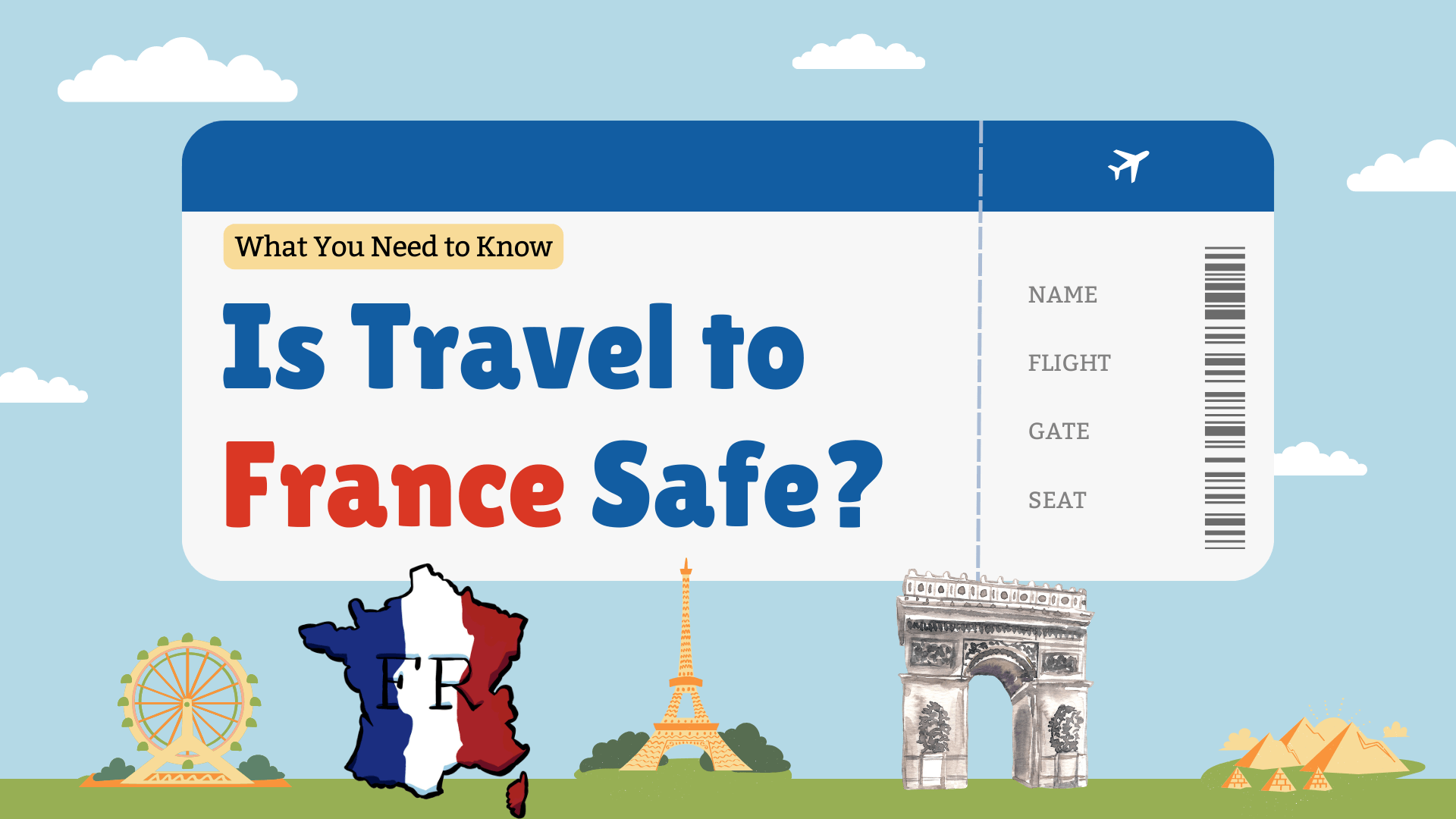
Is it Safe to Visit France?
In short, yes – visiting France is very safe.
The general rule is that France is no more dangerous than anywhere else, and in most places, it’s probably even safer.
All the same, it pays to stay informed and prepared while traveling when it comes to safety.
What Safety Precautions Should I Take Before Going to France?
Exercise caution and travel wisely by taking the following sensible steps:
Local Emergency Numbers: Make sure you know the national emergency numbers (police – 17, ambulance – 15, a European-wide emergency number – 112).
Stay Alert: Remain aware of your surroundings, especially in high-tourist areas, where pick-pocketing is common.
Personal Details: Keep personal information private, and only provided to trusted sources.
Secure Payment: Use trusted payment sources to limit theft or fraud.
Research the Law and Customs: Ensure you are aware of the laws and customs of France – ignorance is not an excuse, it’s also important to understand France's stance on cannabis before your trip.
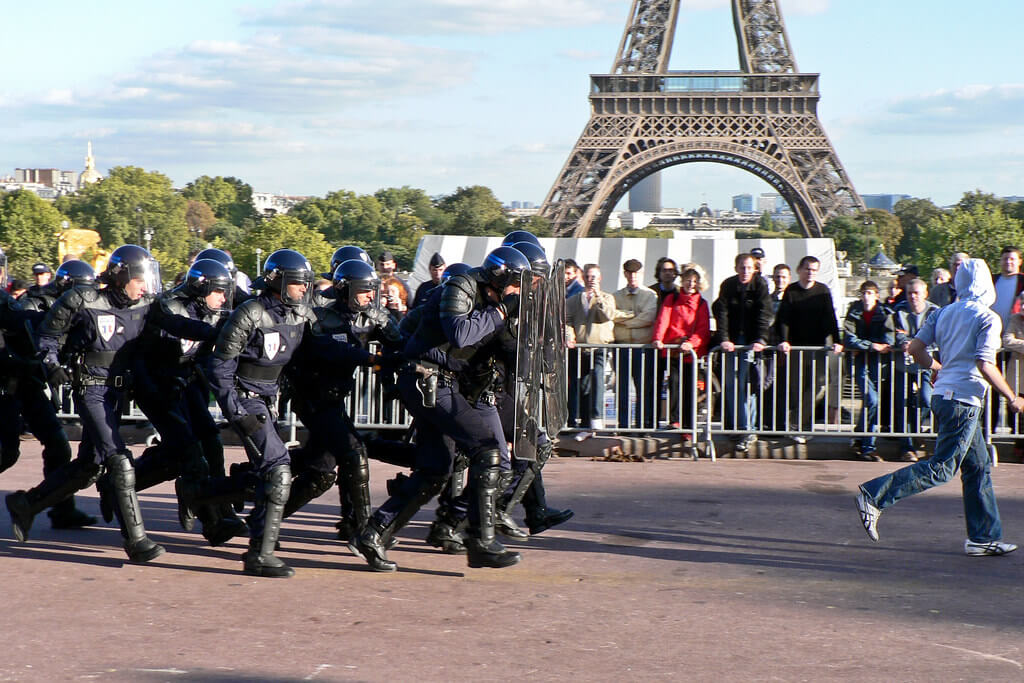
Learn Basic French: Knowing simple phrases like “Où est l'hôpital?” (Where is the hospital?) can be incredibly helpful.
Travel Insurance: Ensure you have comprehensive travel insurance that covers theft, loss, and health issues.
US Citizen Registration: If you’re an American, sign up for the Smart Traveler Enrollment Program (STEP) for safety alerts.
Follow Reputable Sources: Keep up-to-date on France from US State Department social media and site updates and follow any travel advisories.
Further resources for safety:
National Security Report for France: https://www.osac.gov/Country/France/Detail
Travel Health Information: https://wwwnc.cdc.gov/travel/destinations/traveler/none/france
STEP: https://mytravel.state.gov/s/step
What Are the Possible Dangers When Traveling to France?
Terrorism and Security Alerts
Terrorism is a concern throughout much of Europe, and France has experienced planned and opportunistic attacks in recent years.
Some have caused fatalities, and elsewhere in the country, security alerts have been raised. France's response is the Vigipirate plan, an anti-terrorism initiative that runs with 3 levels of alert.
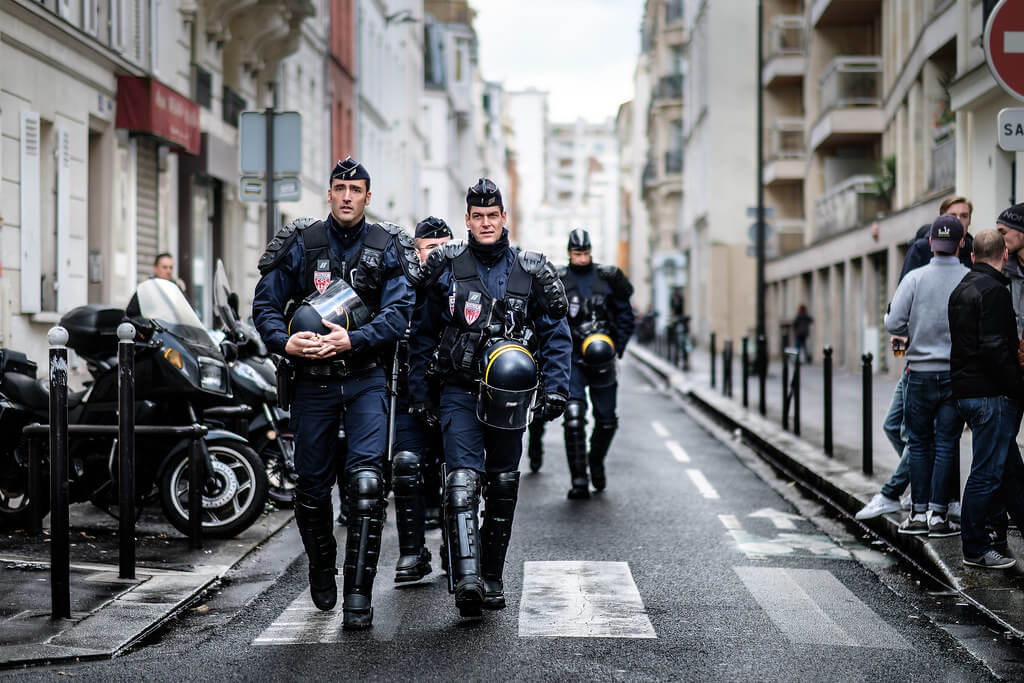
The current level is "emergency attack", meaning that an attack is considered imminent – expect increased security checks at sites including train station and some airports and tourist hotspots.
Bag and Purse Snatching
Bag and purse snatching is not uncommon, particularly in large cities and crowded places such as the Paris Metro and RER trains, department stores, restaurants, and hotels. Groups of thieves, sometimes including children, can be skilled in distraction techniques to steal items before you realise.
Cyber and Credit Card Fraud
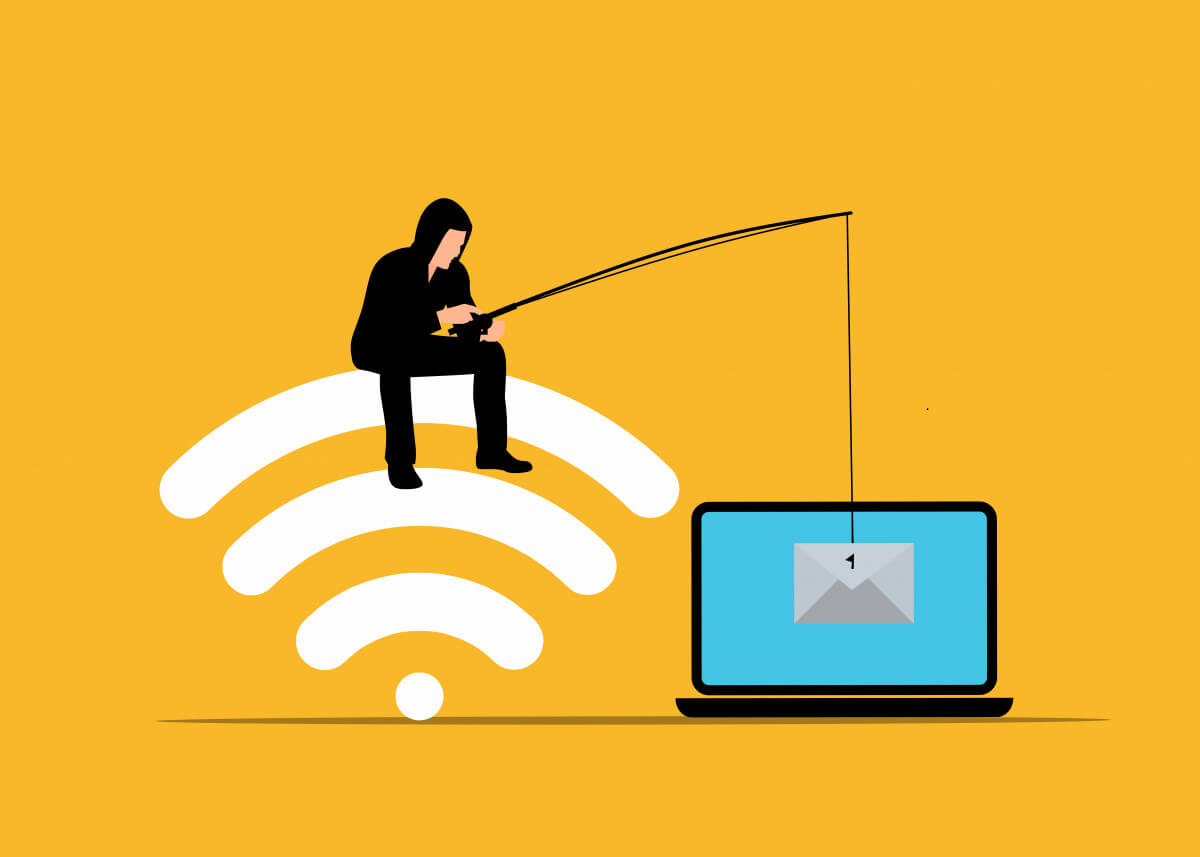
Credit card fraud and ATM scams are common scams in France, and cybercrime is on the rise, with criminals taking advantage of public Wi-Fi to hack data. Always keep an eye on your card at all times, and if possible, only use ATMs inside banks.
Accommodation and Vehicle Safety
Look after your accommodation and vehicle security, especially in cities and tourist spots. Be alert for common scams where parked cars are targeted, particularly around tourist seasons.
Travel Safety Tips:
Store away personal items and travel documents securely.
Do not carry large amounts of money or valuables unnecessarily.
Stay alert while in crowded areas to avoid theft, particularly when withdrawing money from an ATM.
Keep a copy of your passport in a safe place and separate from the original document.
How to Stay Safe When Using Public and Private Transport?
France's public transport network is fast and efficient, but remember to validate your ticket and keep hold of it until the end of your journey – inspectors may issue on-the-spot fines.
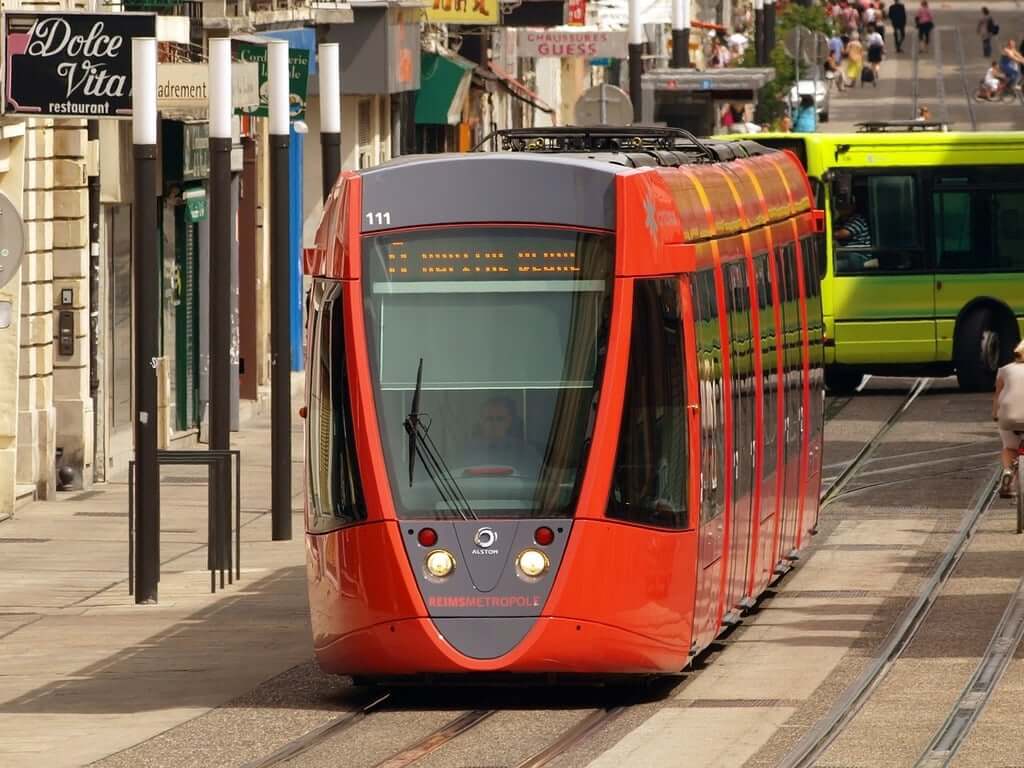
Taxis and Ride-sharing
Watch out for rogue taxis at airports and train stations such as Paris. They often charge a much higher fee than licensed taxis.
Ride only with recognized taxi services or trusted online apps, never share with strangers (for safety reasons), and always agree prices in advance.
Mountain Safety
Activities like hiking and skiing can be perilous if you're not prepared. Fast-changing weather, or the risk of avalanche, are very real dangers in the mountains.
Precautions
Never hike or ski alone.
Get good travel insurance that includes helicopter rescue and medical repatriation.
Keep abreast of weather and conditions.
How to ensure boating and coastal safety during recreational activities?
Boating:
Know how many people the boat can reasonably carry, and stick to it. This is one of the main causes of boating accidents.
Educate yourself on local regulations and safety guidelines for different water activities.
Make sure your boat has a VHF maritime radio, especially in more isolated regions, for emergencies and communication.
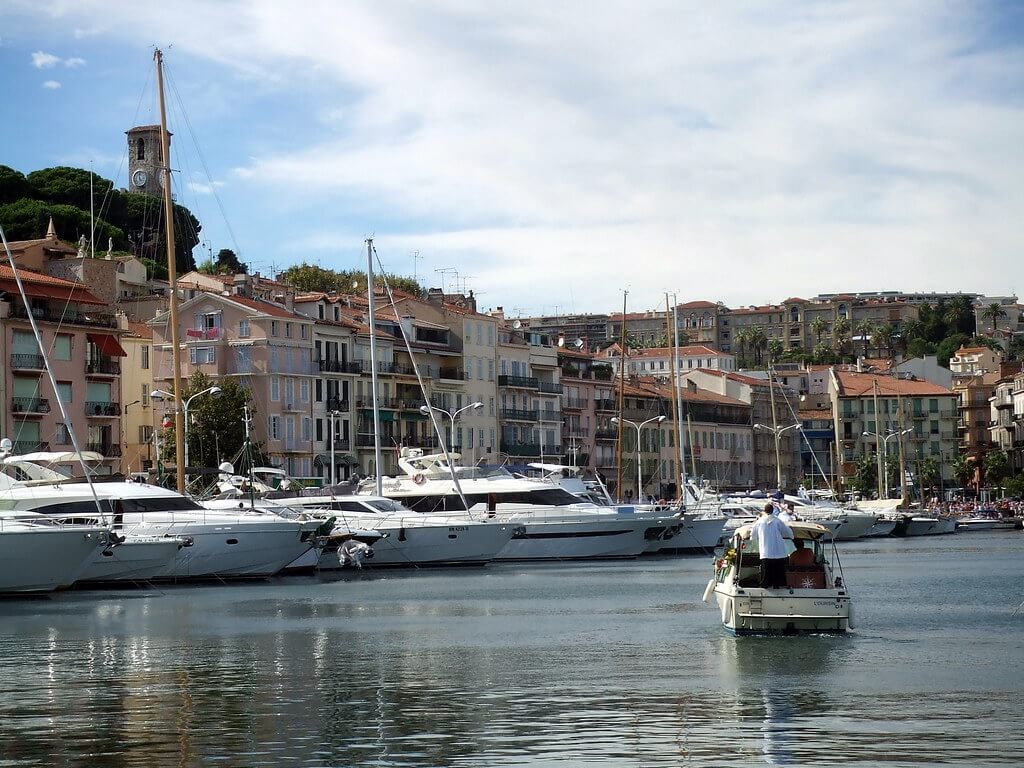
Coastal Safety:
Watch for the flag system on beaches, indicating conditions – green for calm, yellow for caution, red for danger, and purple for contamination or hazardous underwater creatures.
Take extra care along the coasts in autumn and winter, when large waves and rip tides may catch you off guard.
Look out for signage about cliff falls and rock falls, which can make coastal walks risky.
FAQ
What are the must-see tourist sites in France?
Eiffel Tower, Louvre, French Riviera, Mont Saint-Michel.
What documents do I need to travel to France from the US?
Valid passport; visa if staying longer than 90 days.
What is the country code for France?
The country code for France is +33.
Can I smoke marijuana in France?
No, not legally.
Summary
Traveling to France should be a fantastic and enriching experience, so long as you’re sensible while you do it.
Preparation, local respect, and situational awareness will keep you safe and happy.
Bon voyage!
